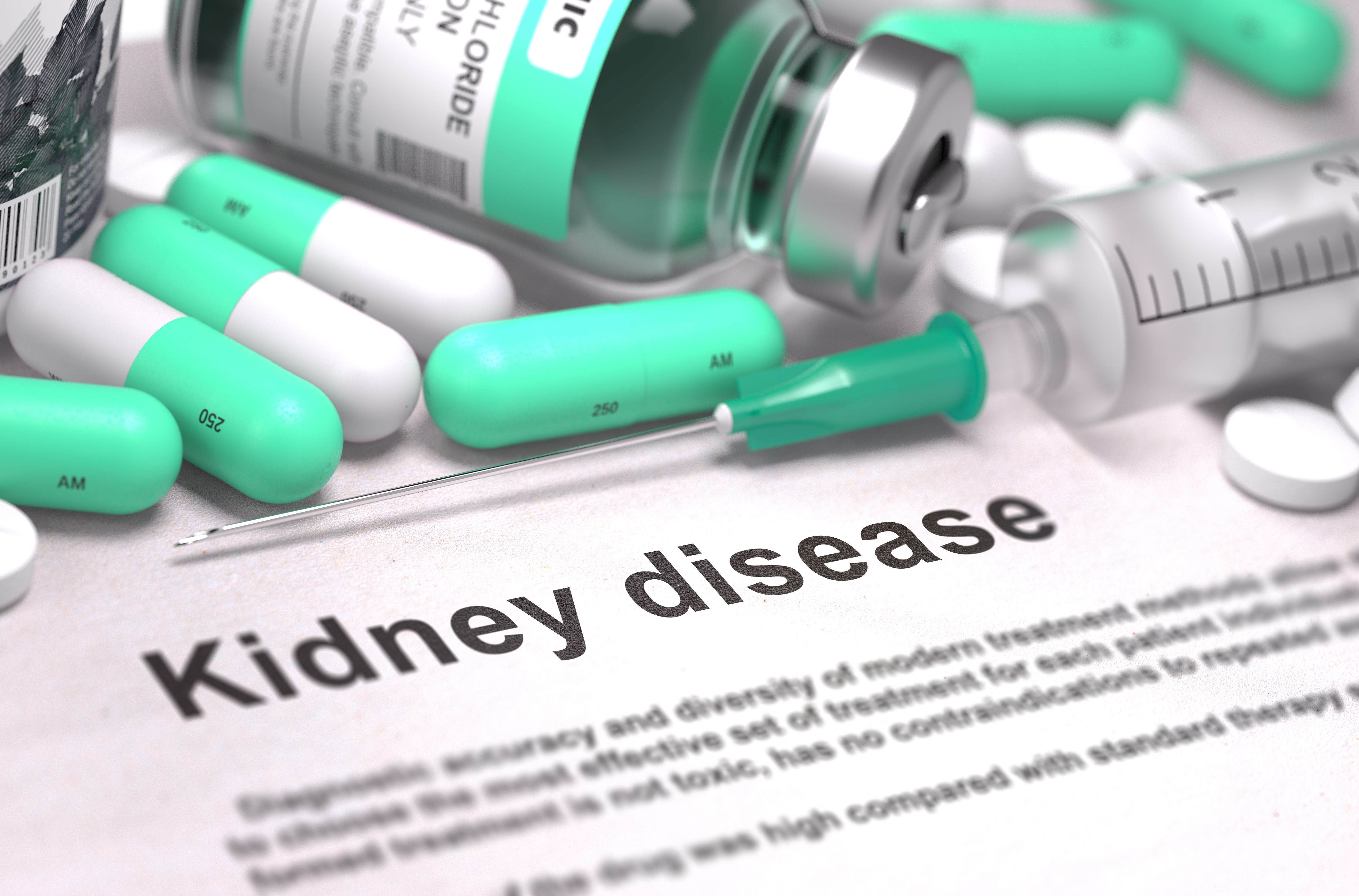Article
Poor Immunogenicity to COVID-19 Vaccine in Hemodialysis Patients
Author(s):
Investigators urge patients undergoing hemodialysis to adhere to their COVID-19 vaccination schedules, as data show a low antibody response.
Michelle A. Hladunewich, MD, MSc

Patients undergoing hemodialysis have a high mortality rate associated with the COVID-19 vaccine, and a recent study suggested poor immunogenicity 28 days following a single dose of the BNT162b2 vaccine in this patient population.
Previous studies of natural COVID-19 infection in patients receiving hemodialysis found waning antibody concentrations by 3 months, which prompted concerns of adequate vaccination responses.
The lack of data regarding the high-risk population led to an investigation on the humoral response conferred by the COVID-19 vaccination in the hemodialysis population.
Investigators led by Michelle A. Hladunewich, MD, MSc, Division of Nephrology, Department of Medicine, Sunnybrook Health Sciences Center, Toronto, Ontario, measured the COVID-19 immunoglobulin G (IgG) antibody levels from the first and second doses of the vaccine.
The Study
In total, 142 participants receiving hemodialysis were recruited between February 2 and March 3, 2021, at Sunnybrook Health Sciences Centre. The study was completed on April 17, 2021.
Of the total number of participants, 76 received 2 doses of vaccine, with the second dose a mean of 21 days (range, 19-28) following the first dose. A total of 66 patients received a single vaccine dose due to a public health policy change.
Health care worker controls received 2 doses of BNT162b2 vaccine with antibodies measured 2 to 4 weeks following the second dose
Baseline was prior to the second dose for the 2-dose group, and antibody levels were measured 14 days after the second dose. Antibody levels for the single-dose group were measured 28 days after vaccination.
Antibodies targeting the full-length spike protein (anti-spike) and its receptor binding domain (anti-RBD) measured humoral response to SARS-CoV-2 vaccination and/or natural infection, while antibodies to the nucleocapsid protein (anti-NP) detected natural COVID-19 infections.
Finally, the association between reactogenicity following the second vaccine dose and anti-spike or anti-RBD seroconversion was assessed by a χ2 test, and antibody relative ratios between patients undergoing hemodialysis receiving 2 doses of vaccine and HCWs were compared using the Mann-Whitney test.
The Results
Investigators reported that in 66 patients receiving 1 vaccine dose , 53 (80%) seroconverted within 4 weeks of the first vaccination, but only 15 (23%) had anti-spike antibodies exceeding the median relative ratio of convalescent individuals.
In the 76 patients receiving 2 vaccine doses, the first dose elicited anti-spike seroconversion in 65 patients (86%), with 19 (25%) reaching convalescent levels 28 days post-dose.
Similar changes were recorded for antibodies to RBD, and anti-RBD responses were lower than anti-spike responses.
Though the vaccines were well tolerated after both the first and second doses, the response to the second dose was notable weaker compared to health care worker controls, all of whom generated robust anti-RBD antibodies.
In health care worker controls, 100% reached the convalescent levels for both anti-spike and anti-RBD 2 to 4 weeks after 2 doses, and antibody levels were significantly higher than in patients receiving hemodialysis at both 1 and 2 weeks after the second dose.
The first vaccine dose elicited a poor anti-RBD response, with seroconversion in 36 of 66 patients (55%) in the 1-dose group and 31 of 76 (41%) in the 2-dose group.
Additionally, 63 of 72 patients (88%) seroconverted 2 weeks after the second dose of vaccine, and 43 of 72 (60%) were above the convalescent serum level.
Because of this, Hladunewich and colleagues suggested that patients undergoing hemodialysis adhere to the recommended vaccination schedule to avoid delays in obtaining a second dose.
“The findings of this study suggest a poor humoral response following a single dose of BNT162b2 COVID-19 vaccine in patients receiving hemodialysis,” the team wrote. “The second dose should not be delayed in this population.”
The study, “Evaluation of the SARS-CoV-2 Antibody Response to the BNT162b2 Vaccine in Patients Undergoing Hemodialysis,” was published online in JAMA Open Network.




